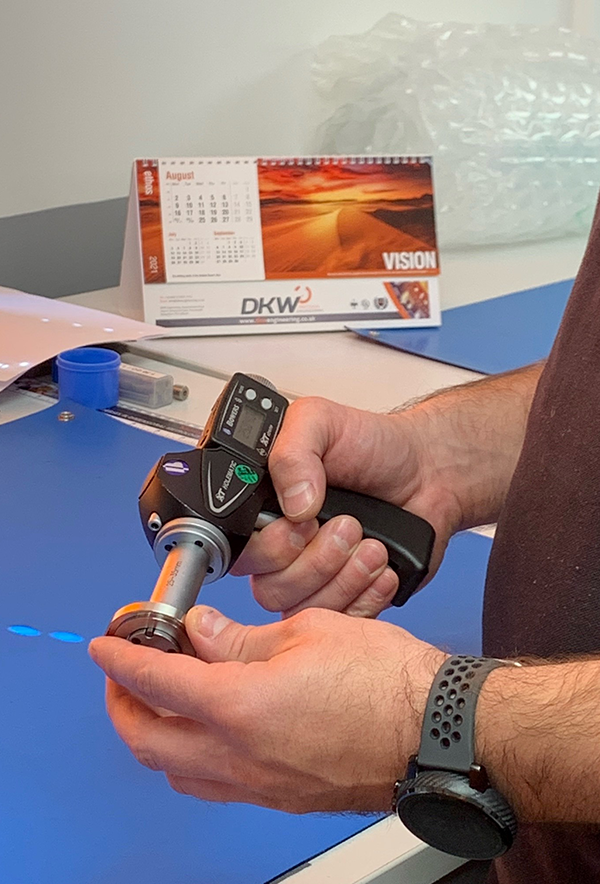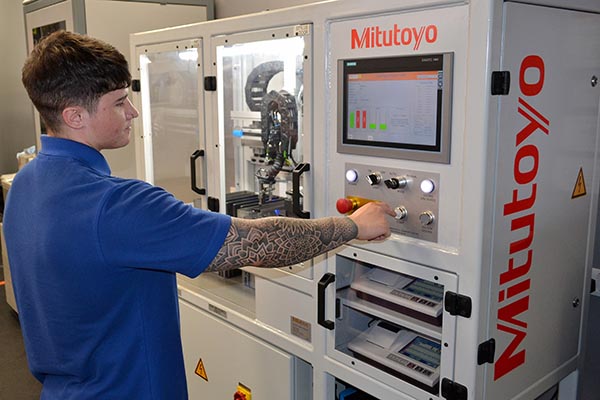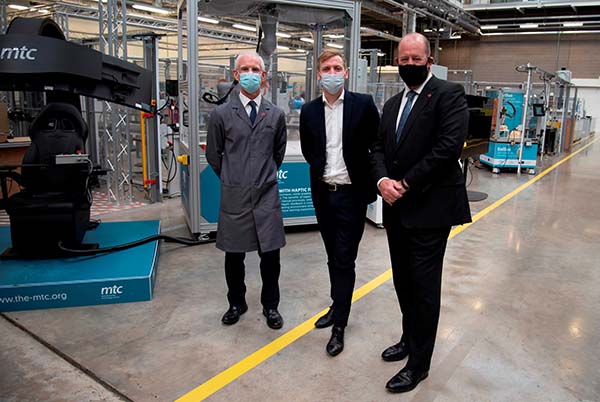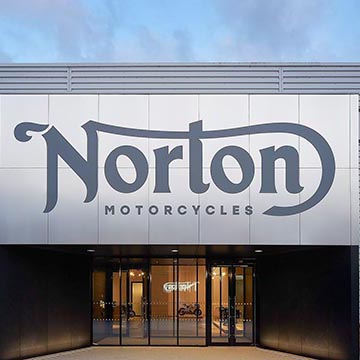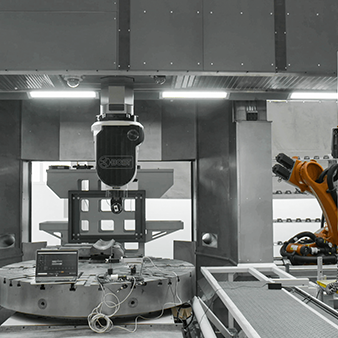
The quality team at DKW Engineering is using Bowers’ pistol grip bore gauges to ensure the quality of its machined components. As a subcontractor, DKW Engineering receives a constant influx of new jobs in addition to its more regular work. This demand means that the team faces new inspection challenges daily, depending on the type of work and the diversity of components that it manufactures.
Instead of buying new plug gauges to suit the demands of individual jobs, DKW Engineering decided to invest in a more flexible and cost-effective measurement solution in the bore gauges from Bowers Group. Used several times a day, the bore gauges are an integral part of the inspection process. Operatives on the shop floor also use the bore gauges to measure parts with particularly tight tolerances during the production process.
Vitalij Cernomorec, quality inspector at DKW Engineering, says: “We find the Bowers bore gauges much better than standard plug gauges; they’re far more versatile. As a subcontractor, the type and size of components vary, so it helps that we’re able to use the bore gauge to check a range of measurements, including series of step bores, all in one go. They’re quick and easy to use on the shop floor for in-process checks and we always trust the bore gauges; the accuracy is excellent.”
The digital pistol grip bore gauges offer an ergonomic design with a large, clear LCD display, IP67 electronics protection and proximity output featuring built-in Bluetooth, allowing bi-directional communication for flexible data acquisition and storage.
For further information
www.bowersgroup.co.uk






